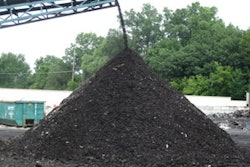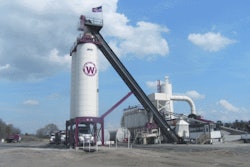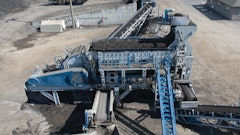- Recycling a ton of shingles replaces the equivalent of roughly two barrels of oil. As the price of oil increases, so does the need for recycled shingles.
- Since asphalt is made from refined petroleum, incinerating old or unwanted shingles creates harmful emissions.
- The process of recycling shingles is no different than sorting other types of recycled materials; as green and brown bottles must be separated, so must wood and other construction debris from tear-off roof shingles.
- The average home re-roofing project generates one to three tons of shingles. Eleven million tons of shingles per year end up in a landfill and they remain there for 300 years.
- Michigan has between 15 and 30 years of landfill capacity left.
- The State of Massachusetts is expected to ban the disposal of asphalt shingles in landfills in late 2009 and other states may follow suit.
- Recycling shingles is more economical than taking them to a landfill, which can cost $35-$50 per ton in Michigan. Ideal Recycling charges $18-$20 per ton.
- Nine states, including Michigan, currently allow use of recycled asphalt mix in asphalt paving or private roads, parking lots and patching work. Michigan allows asphalt companies to use up to five percent recycled material. At the current time, recycled asphalt is not approved for use in public roadways in Michigan.
Quick Facts about Asphalt Shingle Recycling and the Environment
Recycling a ton of shingles replaces the equivalent of roughly two barrels of oil. As the price of oil increases, so does the need for recycled shingles and more facts.
Jul 9, 2009



















